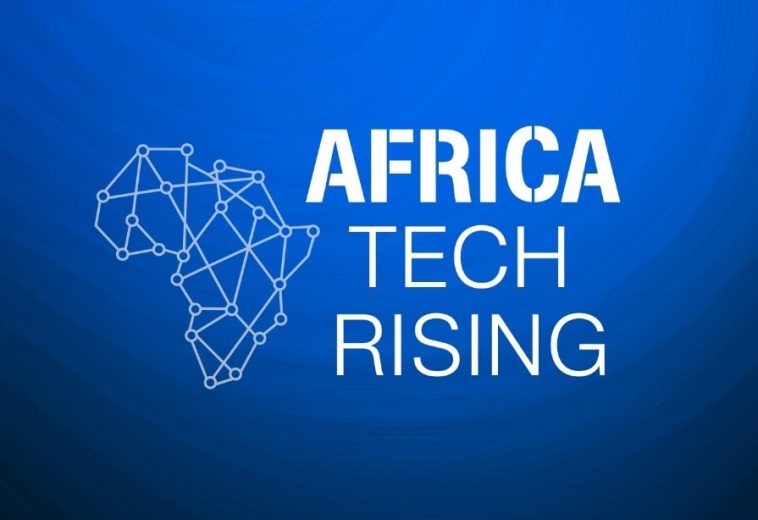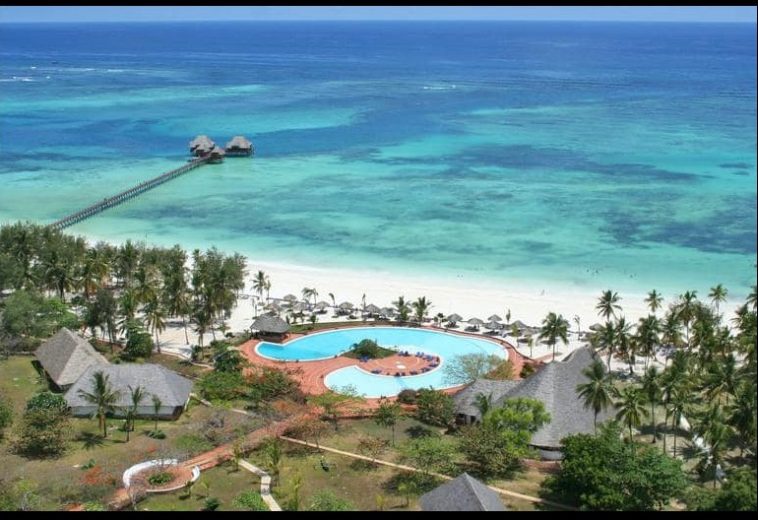Tribal and ethnic identities in African politics have often been described as two of the major predicaments facing the African continent, with major impacts on national unity.
From the north to the south and the east to the west of Africa, politicians and their supporters are divided across the lines of tribe and religion.
No doubt, these have far-reaching implications for the continent, as will be examined below.
Africa is a multicultural society blessed with different cultures and ethnic groups with different interests.
In some ways, despite the differences, the issue of ethnicity and tribalism is similar across many African countries. But it’s also important to recognise the unique history and context of each country. For example, in South Africa, the issue of ethnicity is closely tied to the legacy of apartheid and the divide between white and black South Africans. In Kenya, the main divisions are between the Kikuyu, Luo, and Kalenjin ethnic groups. So while there are some common themes across Africa, the specifics can vary widely from country to country.
While diversity has over the years in some ways brought about a series of blessings to the continent, using the tool of ethnicity in politics has presented more negatives than positives for Africa.
Many scholars and researchers have argued that exploring the tool of tribalism in politics has in its own way brought about a policy of rotational power among ethnic groups in African states, thereby giving everyone a sense of belonging. However, many others see this same reason as the cause of conflict when agreements are not followed to the letter by the various ethnic groups.
The common dynamics that play out across the continent ethnically are that the boundaries of many African countries were drawn by colonial powers without much regard for the ethnic and tribal groups that lived within those boundaries, and political leaders are feeding on that to divide the people more, hence constant threats to each other in place of unity.
That is why, today in Africa, the use of ethnicity in politics poses a greater threat to national and regional governments, such that almost all conflicts have their root cause in ethnicity stirred by political engagements.
This further heightened the process whereby political parties that should encompass everyone are based on tribalism, leading to “ethnic voting,” which is not good for political growth as well as enhancing democracy on the continent.
Presently, in Africa, the easiest route to political dominance and leadership is through the ethnic divide. Leaders have often towed the way of tribalism to advance their interests at the expense of development, and this has often led to tensions between different groups within the same country as well as between countries.
For instance, using the Nigeria 2023 general elections as a case study here, the electorates were divided along the lines of the three major ethnic groups as a result of the disposition of the major candidates in the election, such that even months after elections when a winner has been declared, the seeds of discord sown are still growing and affecting the nation as people find it difficult to work together or relate without prejudice.
Generally, in situations where people vote based on their ethnic or tribal affiliation rather than on the merits of the candidates, it leads to a “winner-takes-all” mentality, where the winning party or candidate then uses their power to benefit their ethnic group, mostly leaving out others. This often creates a cycle of resentment and conflict as groups feel that they are not being fairly represented and, as a result, take up arms to fight the injustice against them. By so doing, the nation becomes threatened and devoid of peaceful coexistence.
In the long run, when insecurities set in, not only will national unity be affected, but other important aspects that could grow the economy, like investments and foreign collaborations, are negatively impacted, and in the end, stunted growth becomes the order of the day.
There are several reasons why this dynamic may be more pronounced in Africa than in other parts of the world. One reason is that institutions in many African countries are relatively new and are still developing. This can make it easier for political leaders to use their positions to benefit their ethnic group rather than working for the good of the country as a whole.
Experiences from nations have shown that ethnicity in politics has limited the capacity of unifying available resources as a collective one for the benefit of all; rather, it has created the “personalisation effect,” wherein citizens who do not belong to the ethnic group of the ruling political class are treated with disdain and do not enjoy the so-called “benefits of democracy,” while on the other hand, the ethnic group of the ruling class tends to enjoy the excesses.
There is also the effect of widening the existing gap between average citizens and wealthy politicians. In this case, the politicians who have enriched themselves the more while fanning the ego of ethnicity among the populace get the opportunity to explore twenty-first-century techniques at the expense of the poor masses, who mostly live on stipends daily, thereby pushing further the class gap in existence.
When such gaps come into existence, it breeds distrust and hatred, which in turn leads to disunity and other associated vices that hinder growth. Often, in some African nations, as experienced in Sudan some years ago, it led to people of certain ethnic groups being transformed into political adversaries and enemies of the state, where they carried arms and threatened political stability to get what rightly belongs to them and has been promised to them.
All in all, it is never too late to right the wrong, as ethnicity and tribalism are a part of us as Africans that cannot be taken away.
Doing that will entail proper reorientation, beginning with the political gladiators and then with the common man, to showcase the fact that no ethnic group is superior to the other; instead, all are partners on the path to progress for the continent.
Knowing this then means the political class can do better at making effective use of differences in tribe and ethnicity for nation-building to enhance sustainable development that would be beneficial to all without regard to where anyone comes from.


